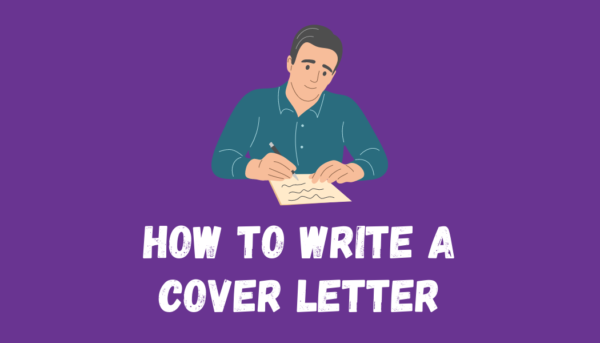What’s the most common mistake I see when candidates are applying for job vacancies? Not providing a cover letter. On many occasions, I can open an email with no subject and no cover letter – simply a CV attached (of sorts… )
The cover letter should explain to me who you are, what position you’re applying for and why you’re suitable. In a nutshell, you should sell yourself and make me want to read your CV. The Daily Muse offered an incredibly useful piece of advice which inspired me to write today’s blog. They advise that when writing your covering letter, refrain from desperately plugging your qualifications or experiences, and rather writing as though they already love you.
Alexandra Franzen, author of the daily muse article, emphasises that the trick is to pretend. Pretend they’re in awe of you, and pretend they’re desperate to hear the story of what inspired you to apply and why you’d love the role so much. You can see the article, complete with example here.
What I would add to this article – and what hasn’t been made entirely clear- is that you still need to adapt – a lot. Sure this approach could work wonders for social media applicants, who are often sourced for their creativity and enthusiasm, but what about accountants applying to work within a waste management facility?
‘Accounting and waste: my two greatest passions. Using one to heal and protect the other? A total dream.’
– I don’t think so.
‘Similarly, Because when I’m not geeking out about the latest accounting software or equation, you can usually find me down the loo —hunting for starfish… – ok you get my drift!
p.s you’re right, these make no sense without reading the article!
The formality changes with the type of job you’re applying for. Use some common sense to help distinguish between the nature of the role, and also the company culture. This approach won’t work everywhere!
The letter ends with a freebie – something I believe in. If you’re applying for a role which includes you taking your expertise with you (rather than you taking orders, being trained of the job etc) then you can include a sample of your work, something that you’ve created just for them. Not only does it show your passion for the role, but it shows your skill level and a taste of what’s to come if you are hired.
As one commenter on the article mentioned:
“oooh – i’m a hiring manager and i have to give this sample cover letter a thumbs down. it sounds ridiculously casual and gushy. i would be looking for someone more professional. and i basically work for “Save the Dolphins.” even us hippies have to get work done :)”
= Don’t use this as a fun, informal area to play within. You still need to take the application very seriously!
What do you think? How do you normally write cover letters?
See our most up to date blog about cover letters here



